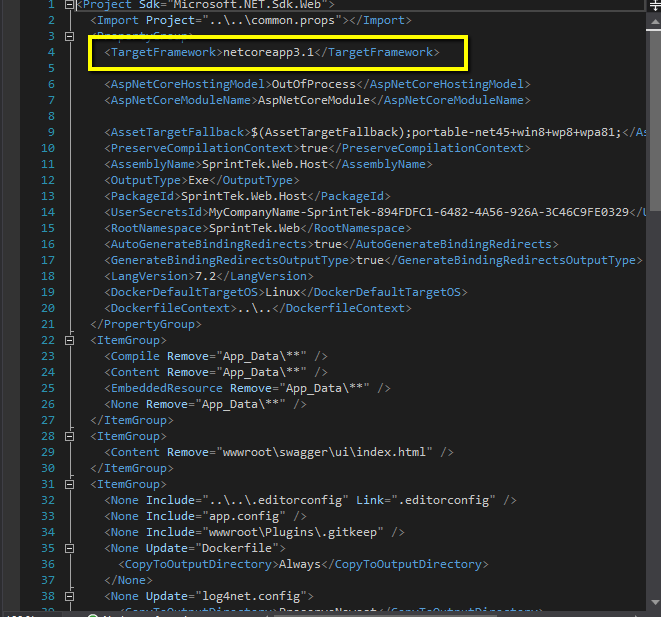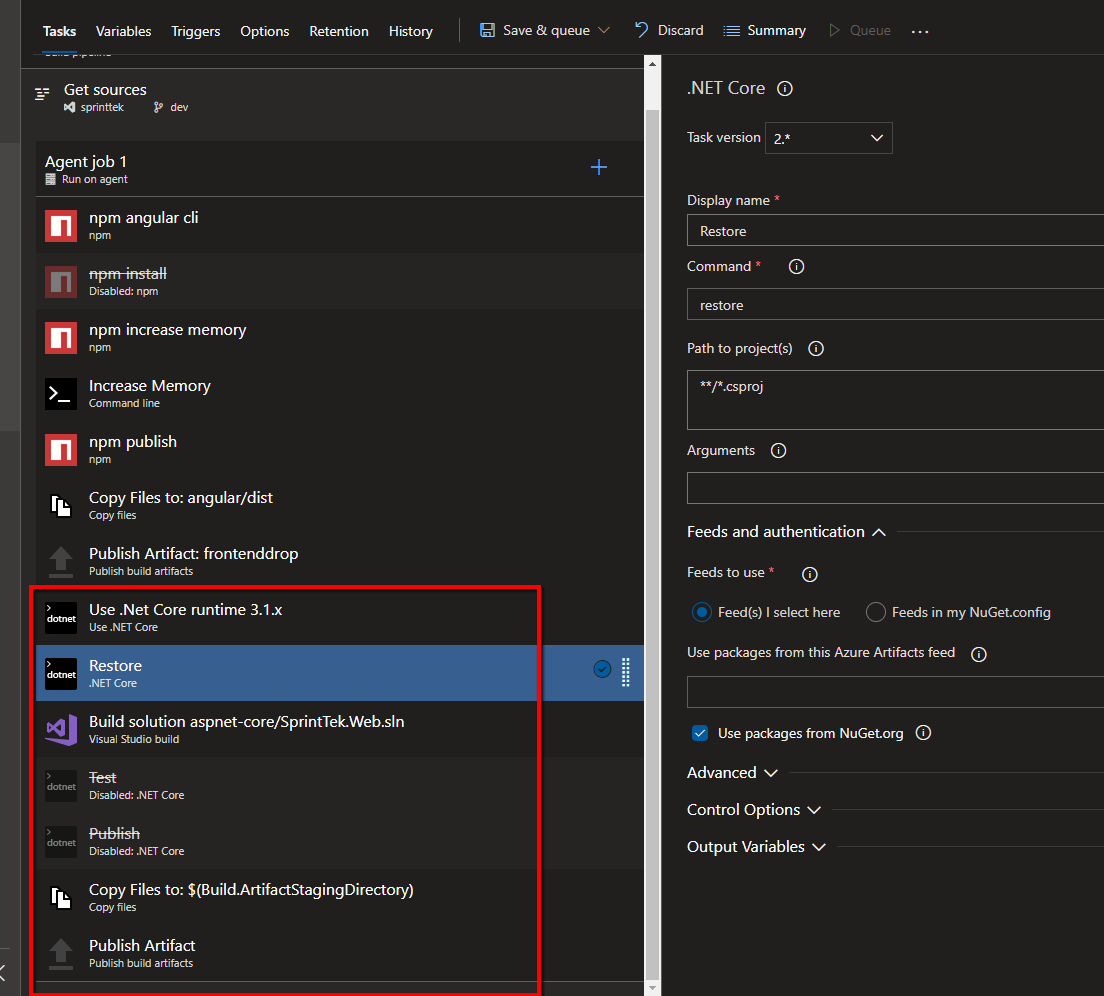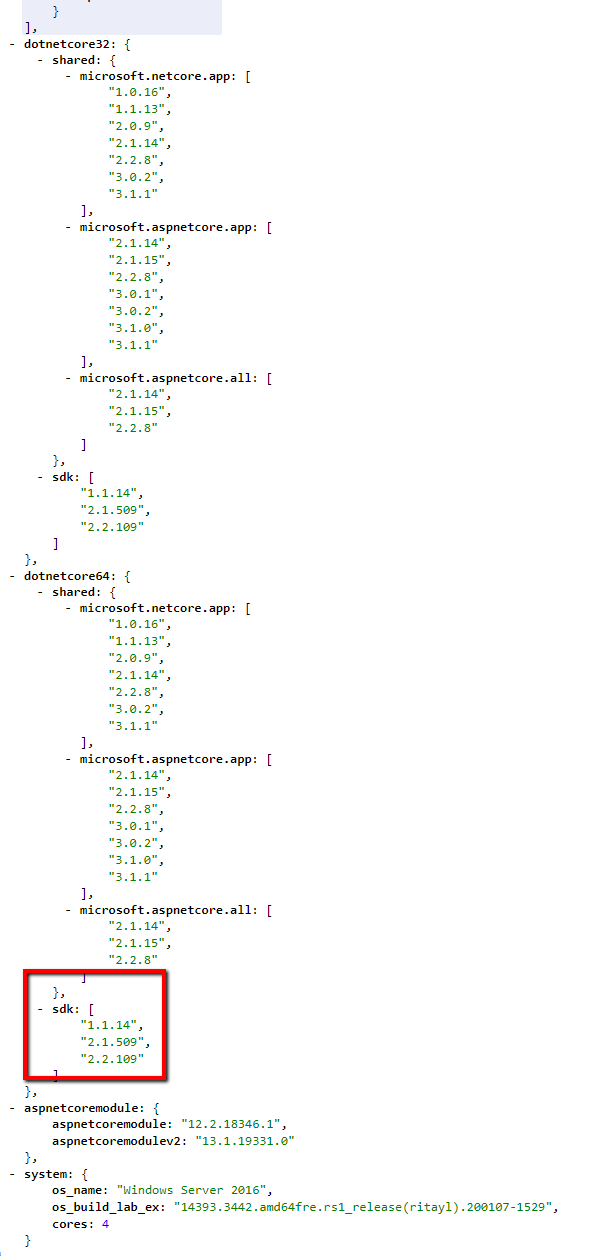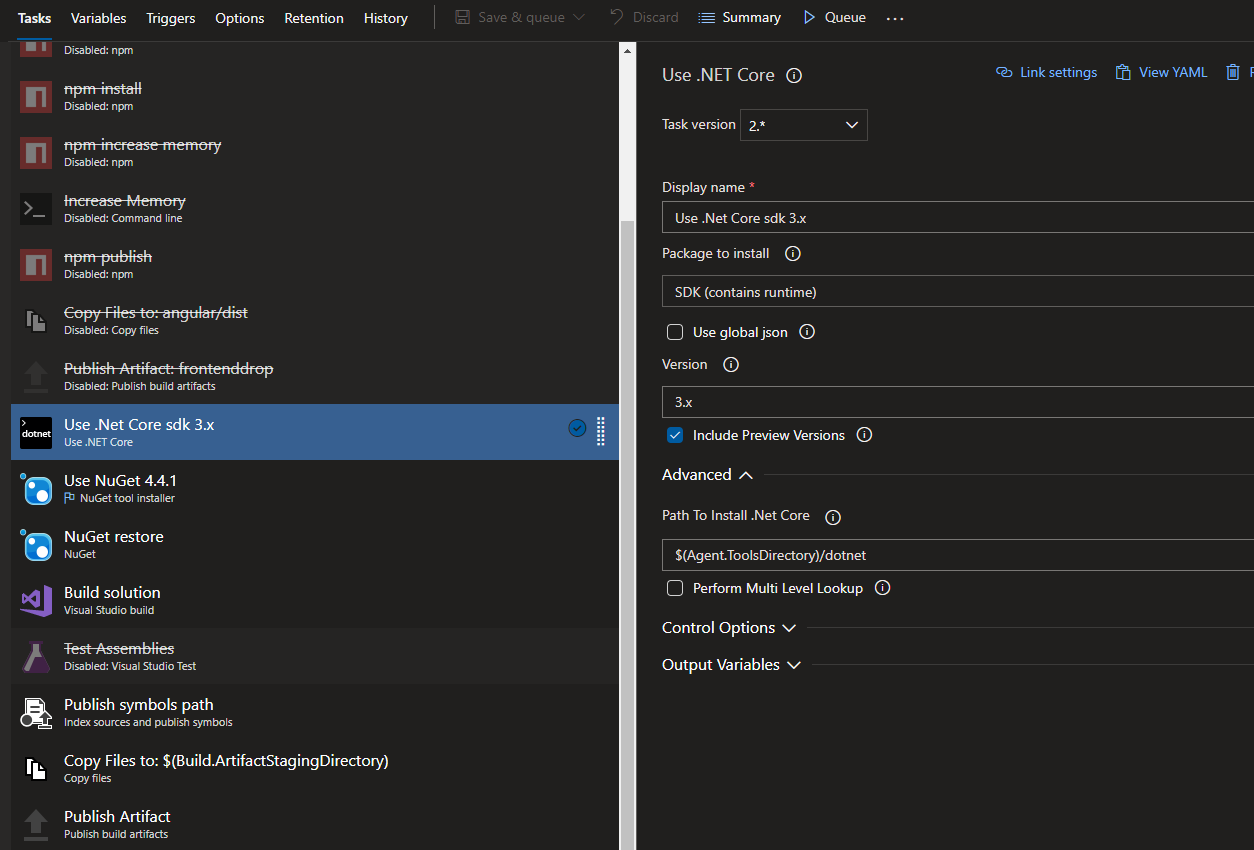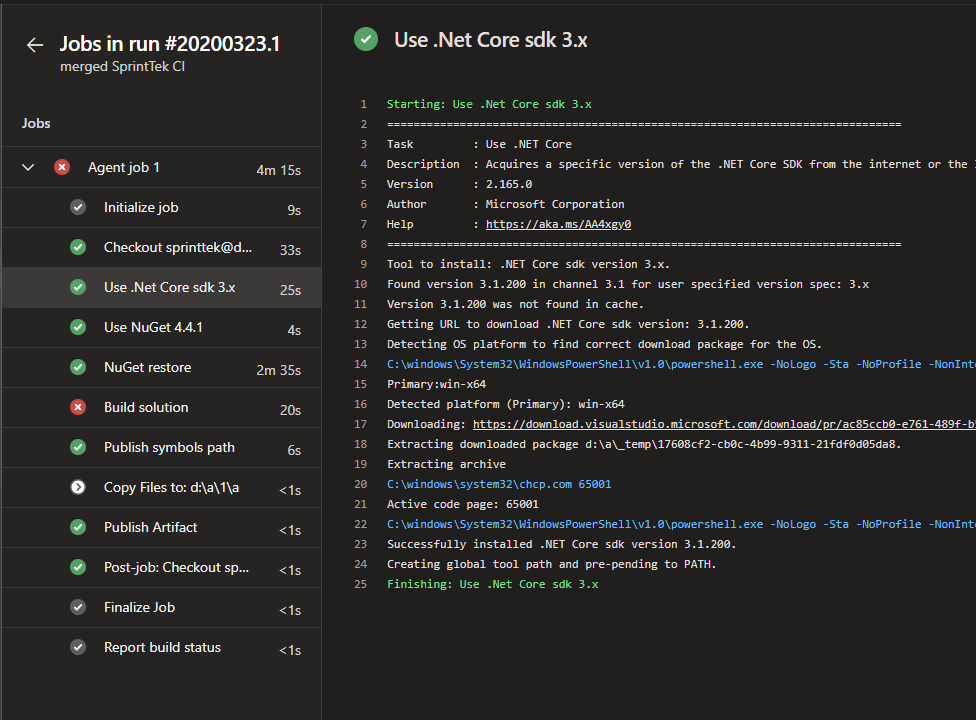Activities of "dexter.cunanan"
- ASP.net Core 3.1
- Angular -.net core
- 3.1
Were receiving this exception multiple time in our Host service:
An exception was thrown while deserializing the token. Microsoft.AspNetCore.Antiforgery.AntiforgeryValidationException: The antiforgery token could not be decrypted.
We're seeing increase in CPU usage as well and not sure if it is related.
Our app is hosted on multiple Servers. Not sure if shared data protection is configured or sticky sessions is used.
Hi @zony thank you for the information. We' have tried to enable this and the tenantId is passed correctly on the basic setup. However, when we involve Front Door, we lose the tenantId. It is as if it's reading it as the base URL mydomain.azurewebsites.net, instead of the custom domain tenant1.mydomain.com.
Any other suggestions?
Prerequisites
Please answer the following questions before submitting an issue. YOU MAY DELETE THE PREREQUISITES SECTION.
- What is your product version? ASP.net Core 3.1 + Angular 8
- What is your product type (Angular or MVC)? Angular
- What is product framework type (.net framework or .net core)? .NET Core
Setup
We're using Azure Front Door custom domain for the .Net Core app service with format tenant1.mydomain.com and set it in "ServerRootAddress" and "remoteServiceBaseUrl" ({TENANCY_NAME}.mydomain.com).
Issue:
When we run the application, the tenantid is null under /AbpUserConfiguration/GetAll? instead of getting the tenantId based from the tenancy name. How do we pass the tenantId from the tenancy name through Azure Front Door.
Thanks!
Thanks for the response @ismcagdas.
I have tried adding Use .Net Core 3.1 and still receive the same error. To be specific, the SDK of our project is 3.1.2.
Let me know what else to try.
Thanks!
I am trying to build a project on .Net Core 3.0, using Azure Pipelines, however during the build, I encounter multiple errors in the Core project with the error The type 'XXXXXX' is defined in an assembly that is not referenced. You must add a reference to assembly 'Microsoft.AspNetCore.Identity, Version=3.1.0.0. However, I am unable to find a Microsoft.AspNetCore.Identity package that is version 3.1.0.0.
Please advise on how to resolve this.
Thank you in advance!
Hello!
I am deploying an app service with ASP.net Core back end and Angular front end. When I swap one slot to another, I have noticed that the appconfig.json and appsettings.json files were also swapped. How do I get both files to stick per slot. Also, I have tried using the App settings under Configuration in the Azure Portal with no luck.
Regards,
Dexter
